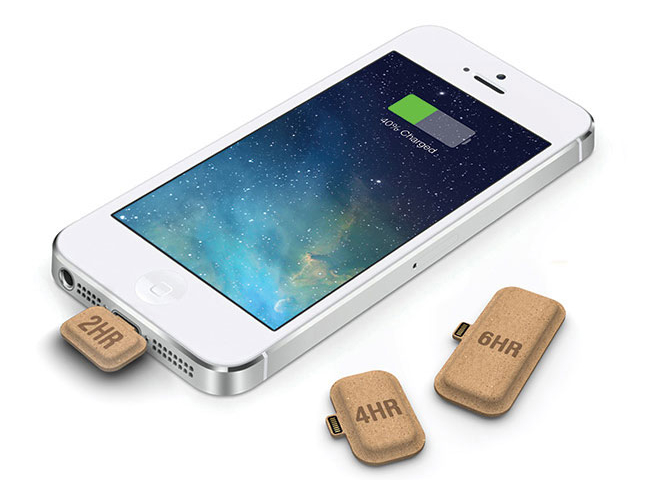Battery life and charging are constantly on our minds. We’re always looking for power sources to make sure our smartphones don’t die, and battery performance is always one factor worth considering when purchasing a new gadget. Many companies are looking at ways of improving batteries, and researchers from China and America had a breakthrough finding that might lead to longer-lasting, better-performing batteries in the future.
DON’T MISS: Best Buy leak may have revealed iPhone 6s launch timing
The new technology can prolong the life of a battery by up to four times the current lifespan. This doesn’t mean they’ll be able to hold a charge four times longer than existing batteries, but that their chemical components won’t be depleted as fast as with current batteries. Future batteries would thus lose overall capacity at a much slower pace than current ones.
Wang Changan of Tsinghua University, in Beijing, and Li Ju of the Massachusetts Institute of Technology made their discovery by accident when studying ways of removing oxide coating from aluminum nanoparticles that are great electricity conductors, The Economist reports.
In the process of studying these nanoparticles, the researchers discovered a way of protecting them using titanium oxide, itself a conductive material. They also left one batch of aluminum nanoparticles, specifically a mixture of chemical components, for several hours more than they wanted to. Titanium oxide still formed at the exterior of nanoparticles, but some of the aluminum inside entered in a chemical reaction with acid that had time to trickle in, because the particles were exposed for far longer than intended.
The result consists of a titanium-oxide-protected aluminum that can replace the graphite anodes. In a regular Li-ion battery, the graphite anodes expand and contract to accommodate the lithium ions that travel through them. But this process also leads to the slow decay of the battery, which loses its maximum charge over time. Later down the road, the battery will die out, as all the lithium would be used up – lithium forms compounds on top of the electrodes over time, which are useless for actually charging a device. The problem with current batteries is that anodes change shape, and they shed the lithium compounds coating, making room for more lithium to be destroyed.
Using these aluminum nanoparticles after they’ve received their titanium oxide protection would help companies deliver longer-lasting batteries. The expanding and contracting of the aluminum core would not affect the lithium compounds that would still build up at the exterior of the hard titanium that would not change size, meaning that it would not influence the growth of these compounds.
However, it’s not clear at this time when batteries sporting this particular anode technology would be available in batteries made for modern consumer electronics.




